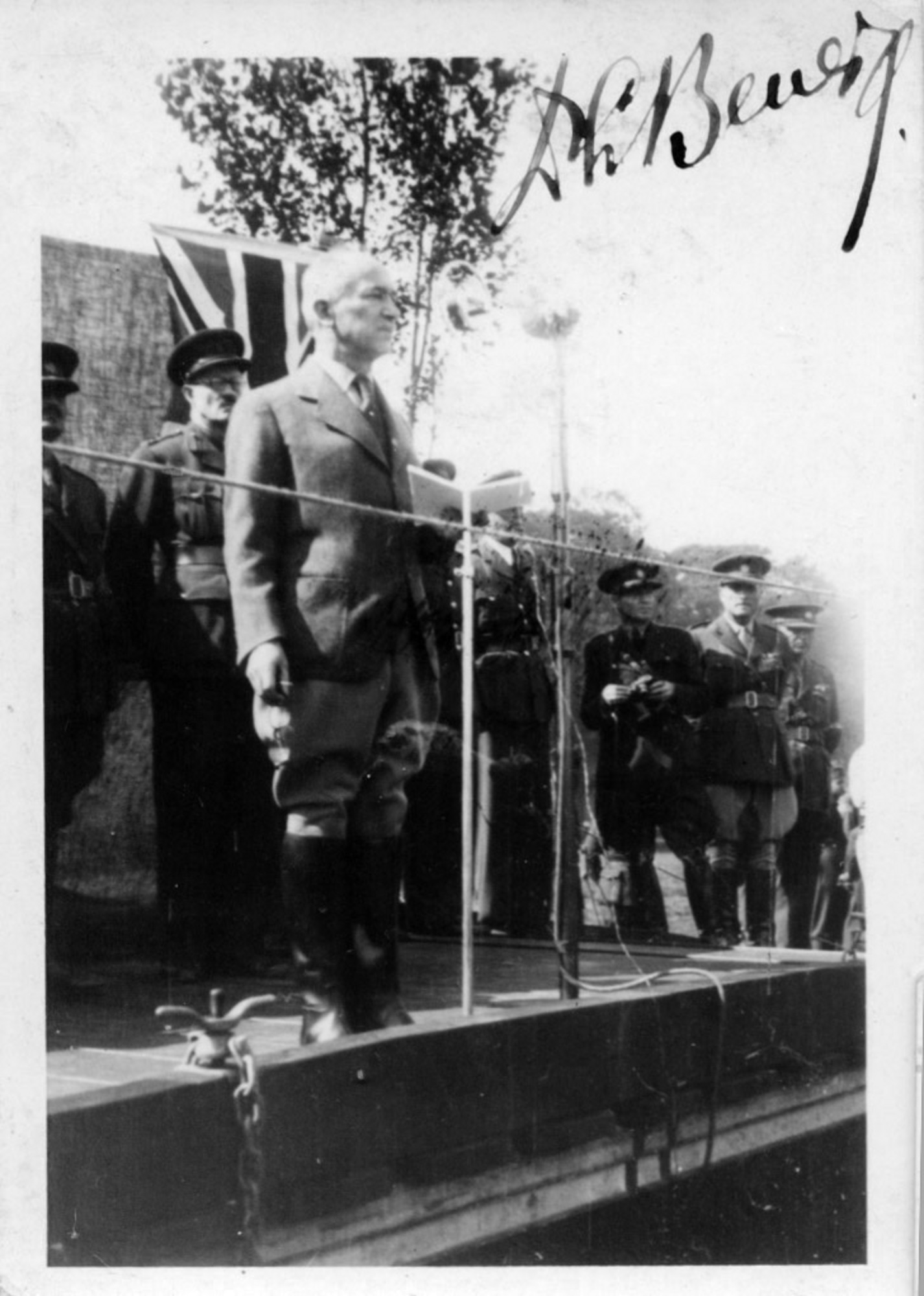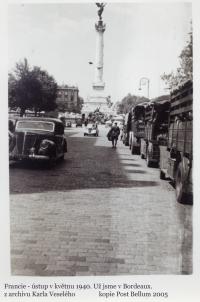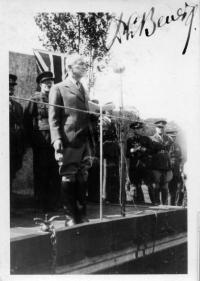“We were looked after well, I‘m overflowing with praises of the way the English treated us. Slowly but certainly we were becoming the English there in a few years time. Not only their behavior but also their accoutrement and arms, it was of a quality... It was not France where a part of our gun would come off.”

Stáhnout obrázek
Václav Strupek was born in Prague on July 24, 1918. His family was well-off. Unfortunately both his parents had died before he graduated from high school. He was looked after by his two elder sisters then. He graduated from II. State Electrotechnical College in Prague Smíchov in 1938. After his short military service and the occupation of Czechoslovakia he was dismissed from Military Academy. He was employed by Siemens-Schuckert Company. Due to the deceit of a representative he had to go to work to Nurenberg. After the outbreak of war he fled from there via Switzerland to France. He joined the Foreign Legion. After the German assault of France he fought in the Czechoslovak troop where he worked as a radio operator. He took part in fights on Marna, Seina, Loira and for his serving at the front he was awarded the Medal of Honour in England in 1941. In 1942 he was awarded the Czechoslovak War Cross by president Beneš. After the decline of France he was transported to Great Britain. Having studied English and having gone through another training he worked there as a technical officer in 310 and later especially in 312 Squadron. He was in charge of technical state of aircraft. After the war he worked for Central Czech Energetics and for Energoproject. He also had an additional source of earnings in translation from English and French. Because of his connections with general Píka and his son Milan he was interrogated by StB (State Security) a few times.

